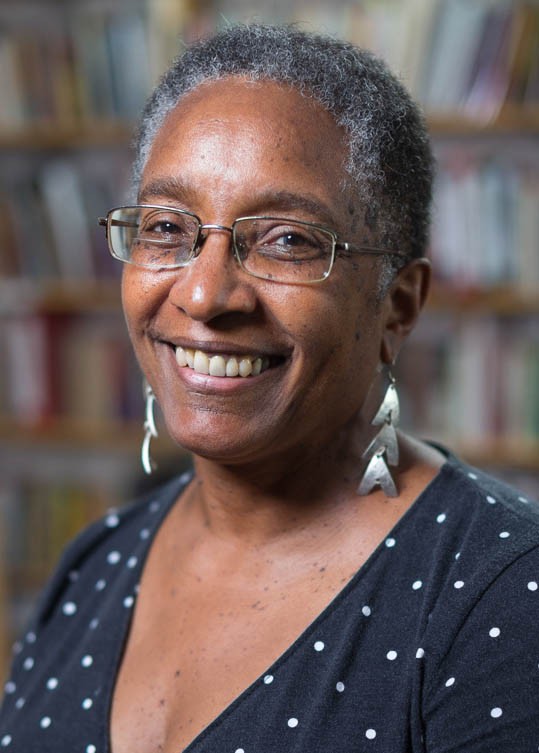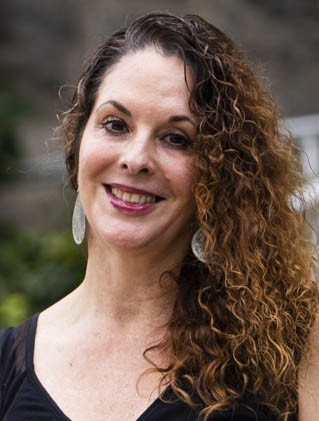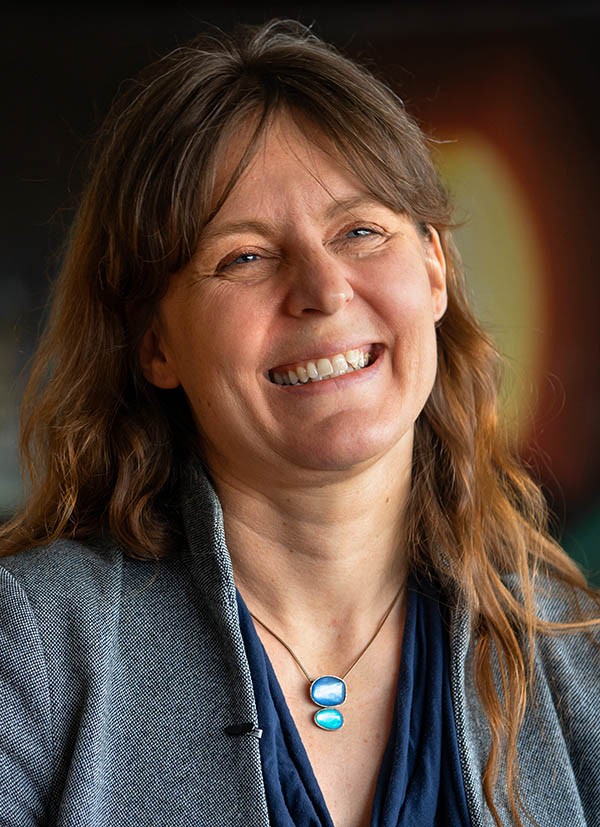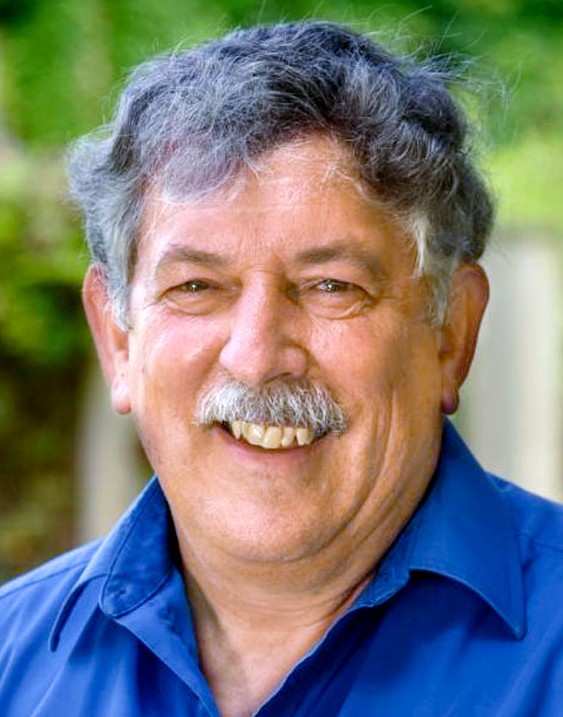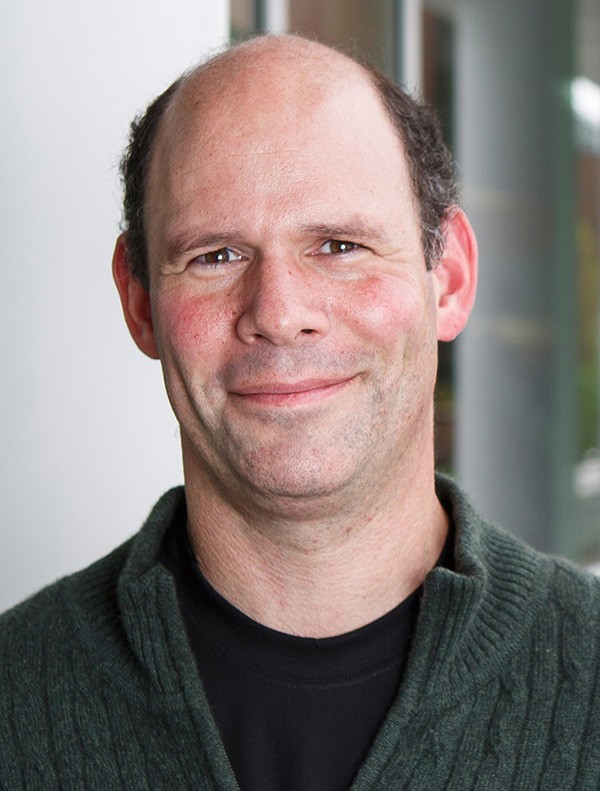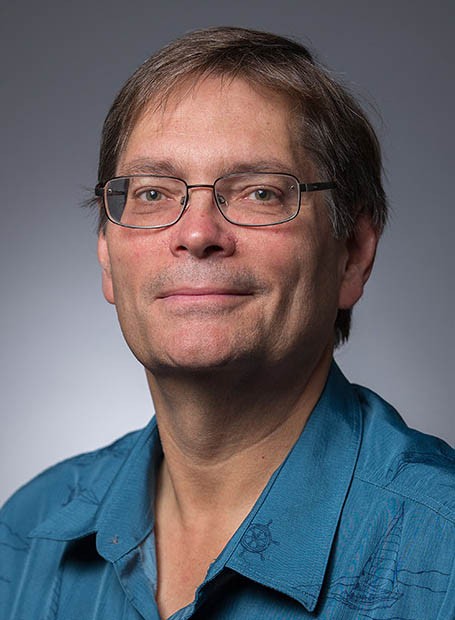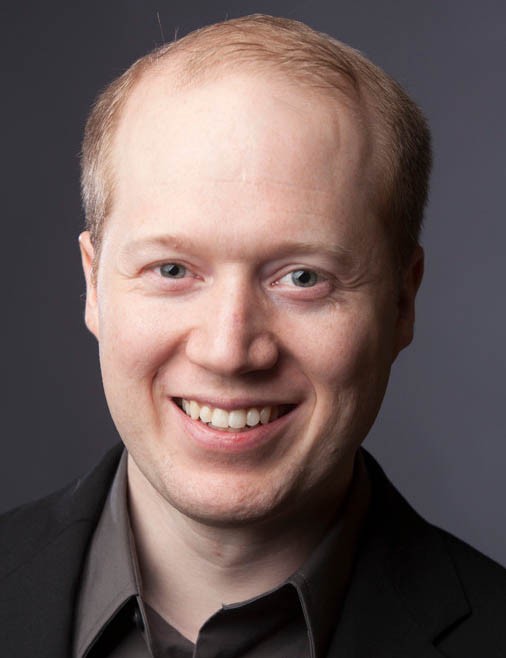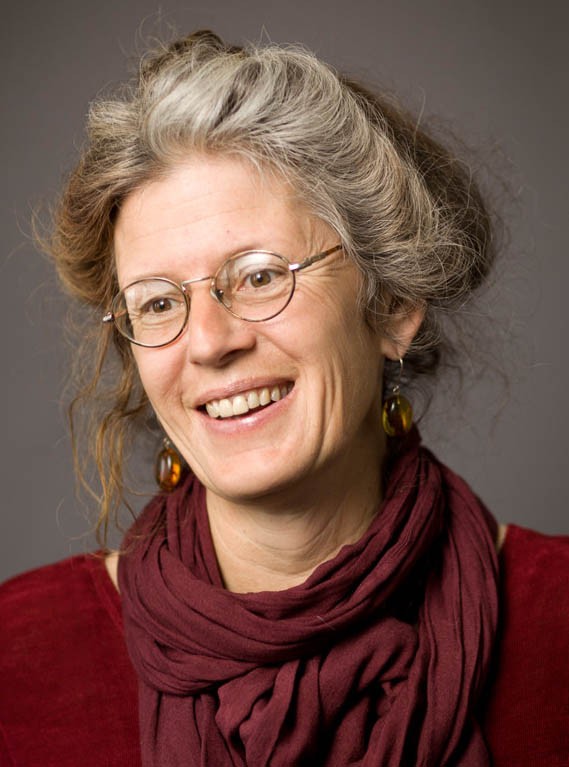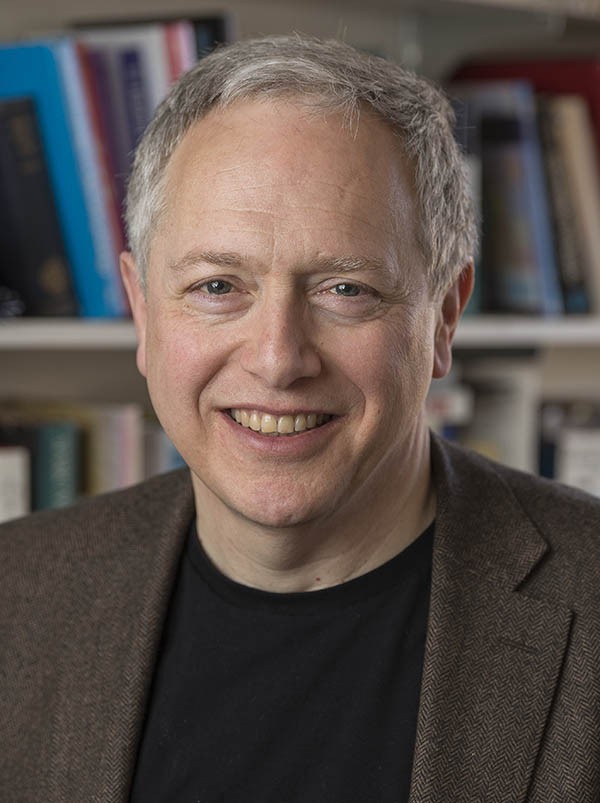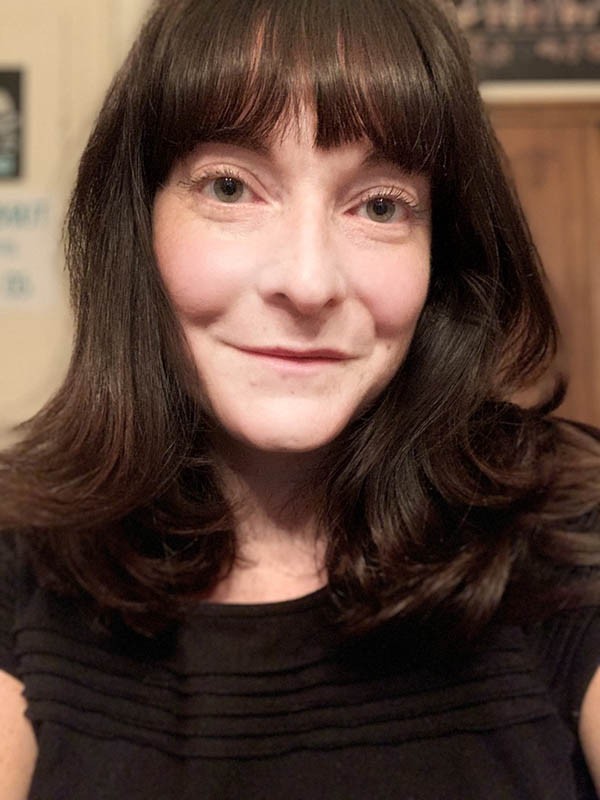Weiss teaching awards honor 10 exceptional faculty
By James Dean
Ten faculty members have been selected to receive Stephen H. Weiss Awards honoring excellence in undergraduate teaching and mentoring, President Martha E. Pollack announced Oct. 18.
“The Weiss Awards highlight the centrality of undergraduate education at Cornell, and I’m delighted that we’re able to recognize our exceptional faculty for their achievements,” Pollack said. “It’s especially wonderful to have such a large group of talented and accomplished teachers to celebrate this year, after last year’s awards hiatus because of the pandemic.”
Three awards are named in honor of the late Stephen H. Weiss ’57, who chaired the Cornell University Board of Trustees from 1989-97. Weiss conceived of the Presidential Fellowship Award, first bestowed in 1992 to recognize a sustained record of commitment to undergraduate education. The board in 2016 introduced the Junior Fellowship Award, recognizing early-career tenured faculty, and the Provost’s Teaching Fellowship Award, honoring nontenured faculty members.
A selection committee of six faculty members and three students (two graduate students and one undergraduate) recommended this year’s recipients after reviewing 20 nominations detailing the instructors’ skill and dedication inside and outside the classroom, based on course evaluations and letters from students and faculty or staff.
The Stephen H. Weiss Presidential Fellows are Sandra Greene, the Stephen ’59 and Madeline ’60 Anbinder Professor of African History, in the College of Arts and Sciences (A&S); Jane Juffer, professor in the Department of Literatures in English and Program of Feminist, Gender and Sexuality Studies (A&S); Lisa Kaltenegger, associate professor in the Department of Astronomy (A&S); Marvin Pritts, professor in the School of Integrative Plant Science (SIPS) Horticulture Section and the Department of Global Development, in the College of Agriculture and Life Sciences (CALS); David Putnam, professor in the Meinig School of Biomedical Engineering and Smith School of Chemical and Biomolecular Engineering, in the College of Engineering (ENG); and Michael Thompson, M.S. ’82, Ph.D. ’84, the Dwight C. Baum Professor in Engineering in the Department of Materials Science and Engineering (ENG).
Greene joined the Department of History in 2001 as its first appointed African historian and chaired the department from 2001-05 and 2016-19, emphasizing small classes with individual attention for first- and second-year students.
Nominators called Greene an excellent classroom teacher who attracts students from varying majors and colleges, and who addresses sensitive subjects in her scholarship and teaching, including in courses such as African Economic Development Histories.
Greene “models the synergy that can be nurtured and sustained between teaching and scholarship,” and is “dedicated to helping people develop and engage in the life of the mind,” nominators wrote. One student said Greene was “by far my favorite professor here at Cornell.”
Greene volunteered to teach history at nearby prisons before the Cornell Prison Education Program formally existed.
Juffer joined Cornell as an associate professor in 2008 and works in the areas of cultural studies, feminist theory and Latinx studies.
She has taught a wide variety of “inspiring, thoughtful [and] transformative” courses, applying feminist theory to current social issues, nominators wrote. Students appreciate her investment in them and her commitment to social justice.
The creativity of Juffer’s classes, which attract ethnically and intellectually diverse students, make her a role model for faculty, nominators said. She also offers an example of the opportunities afforded by the David M. Einhorn Center for Community Engagement. In a course on migrations, for example, students helped a refugee win freedom from an upstate New York detention center in the midst of the pandemic.
Kaltenegger, who directs the Carl Sagan Institute and is a science team member on multiple NASA missions, is a world-leading expert in modeling potential habitable worlds and their detectable spectral fingerprint.
She was praised as an excellent teacher – reflected in outstanding course evaluations – and a role model who has helped attract students to STEM fields, especially female students.
“As a woman in science,” one student commented, “the things she has accomplished and continues to work toward are so inspiring.”
The student also praised Kaltenegger’s efforts to engage students and ensure all understood the material.
“Every time I leave her office,” another student wrote, “I feel more confident, prepared and calm about finishing my studies at Cornell and going on to pursue a Ph.D.”
Pritts, a Cornell faculty member since 1984, serves as director of undergraduate studies for the SIPS Horticulture Section.
Nominators recognized him as a champion of engaged learning who instills a love of horticulture in students. He balances “mind, body and heart” across a wide variety of courses, from horticultural science to a leadership course for graduate students to a popular course for students outside the plant science major.
Pritts has an innovative sense of teaching and thinks critically and holistically, including creating both peer-mentorship and peer-teaching programs, nominators wrote. Students appreciate his informal interaction and mentorship and cultivation of community.
“Marvin’s efforts increased the quality of students in the plant breeding field,” colleagues said.
Putnam joined the College of Engineering in 2002 and is “the faculty member we all aspire to be,” excelling in any class he teaches, nominators wrote, including a “legendary” drug delivery class.
He developed multiple innovative courses from scratch for a new curriculum and engages students with his creative lectures and teaching style – hopping around the room to illustrate an emitted electron, or challenging students with design problems faced by clinicians or engineers.
Putnam’s student engagement extends to award-winning mentoring and involvement in internships, jobs and graduate programs. His research group focuses on the design and synthesis of functional biomaterials in areas including vaccine/adjuvant design and delivery, synthetic lubricants, surgical devices and drug delivery systems.
Thompson has been a member of the faculty since 1984 and for nearly 25 years taught juniors in materials science and engineering the fundamentals of thermodynamics, helping students gain an understanding of material that can be “abstract and generally non-intuitive,” nominators wrote.
Thompson not only cares about his students and their learning, they said, but turns students into great researchers.
“[Thompson] is the epitome of the ideal university educator of technical subjects – from his innate ability to excite students about scientific principles … to his superb listening skills, tireless dedication, selfless personality, open-door office hour policy at all hours, and ability to connect with students,” nominators wrote.
Said one student: “The lectures are intense and make me feel that I’ve learned a lot.”
Named a Stephen H. Weiss Junior Fellow is Felix Thoemmes, associate professor in the College of Human Ecology and chair of the cross-college Department of Psychology.
Thoemmes joined Cornell in 2012 and teaches quantitative methods for analysis of randomized and non-randomized studies, and other advanced statistical methods.
Nominators praised Thoemmes’ ability to explain complicated topics and make lectures interactive and interesting, particularly since statistics can be challenging to teach to students less grounded in math. Students also appreciated Thoemmes’ knack for describing complicated concepts and, said one, creating a “strong and inclusive environment without sacrificing class material.”
Thoemmes seeks students’ feedback mid-semester and incorporates it into the class.
The Stephen H. Weiss Provost’s Teaching Fellows are Cecelia Lawless, M.A. ’88, Ph.D. ’92, senior lecturer of Spanish language and literature in the Department of Romance Studies (A&S); Harry Segal, senior lecturer in the Department of Psychology (A&S); and Allison Weiner Heinemann, lecturer in labor relations, law and history in the School of Industrial and Labor Relations (ILR).
Lawless, who joined Cornell in 2000, “goes above and beyond” in her teaching of advanced Spanish language and courses introducing students to cultures of the Spanish-speaking world, including through literature and film, nominators said.
She considers teaching a craft and is known for pushing students by asking them the question, “So what?” Students were grateful for the feedback they received about their writing.
“(Lawless) is an engaging mentor [and] role model that is dedicated to her students,” nominators wrote. “She goes beyond the call of duty.”
Segal, a senior lecturer since 1998, created and manages the clinical psychology curriculum. Nominators recognized him as a “transformative” lecturer who inspires students and is known for community outreach.
For example, Segal placed students in a practicum at Cayuga Heights Elementary School to give them engaged experiences important to their professional development.
“I learned so much about the field of psychology as well as myself,” a student wrote. “We learned from each other as students with guidance from our professor. [Segal is] the best.”
Weiner Heinemann joined Cornell in 2010 and led ILR in creating a curriculum on disability studies. Her teaching focuses on disability law, intersectional approaches to disability studies and writing.
Students attested to how much their writing improved under Weiner Heinemann’s guidance. Nominators praised her not only for excellence in teaching writing, but also in educating students on inclusion and equity for people with disabilities, demonstrating that “disability is not simply a medical condition, but rather a lived experience that is socially constructed and materially impacted.”
Media Contact
Get Cornell news delivered right to your inbox.
Subscribe